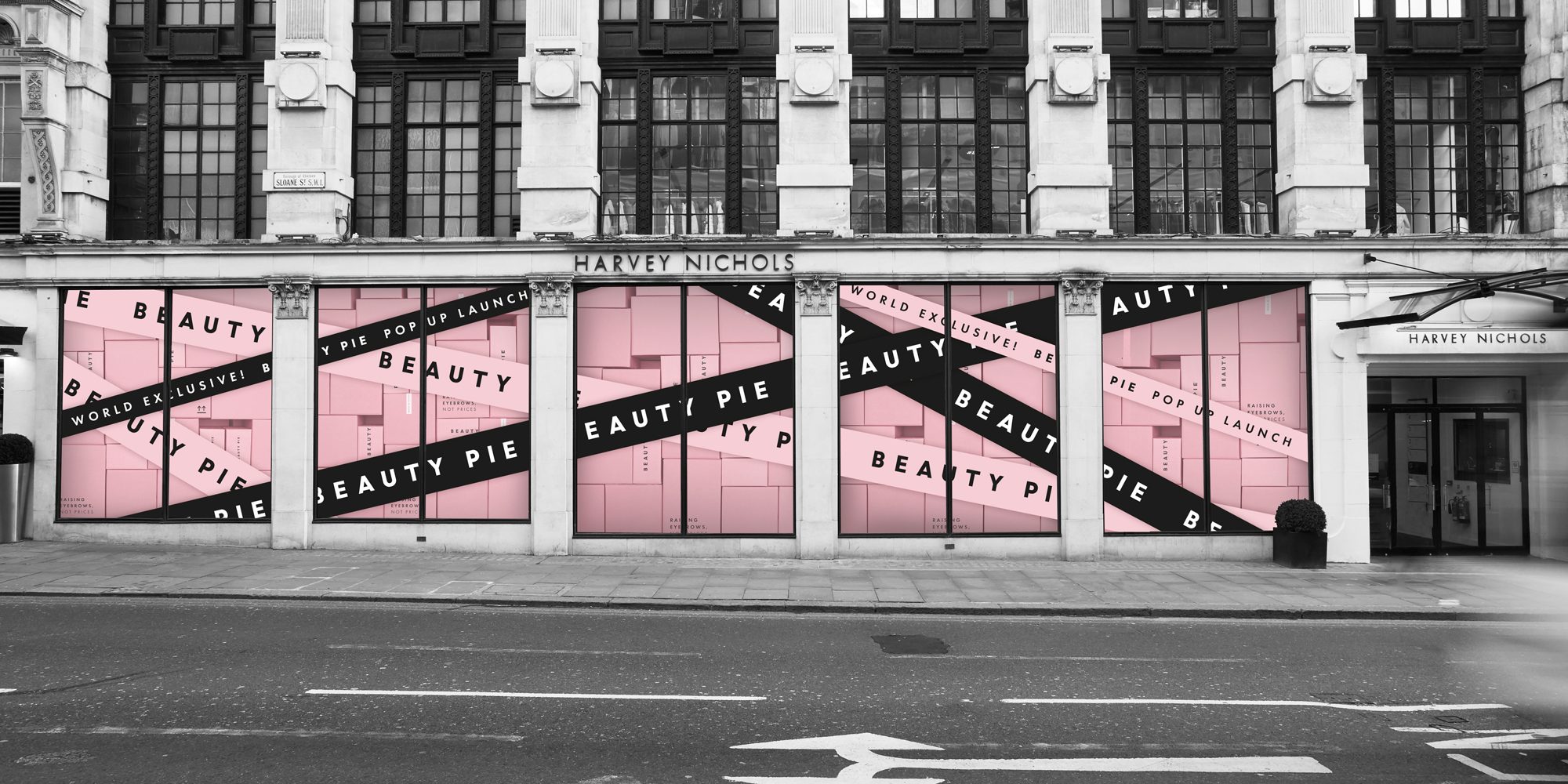
Beauty Pie Gets A Taste Of The Brick-And-Mortar Experience With Harvey Nichols Pop-Up
Beauty Pie’s no-markup business model was born purposely without retail middlemen.
Marcia Kilgore, who founded and subsequently sold Bliss and Soap & Glory to LVMH Louis Vuitton Moët Hennessy and Alliance Boots, respectively, came up with the idea for the brand in 2016. “I was at a beauty event at one of the world’s leading cosmetic suppliers, who supplies product for everyone from YSL to Dolce & Gabbana beauty to Tom Ford to Charlotte Tilbury to Bobbi Brown,” she recounts. “I left the presentation feeling delighted with my free bag full of samples that at retail I probably would have paid $2,000 for. On my way home, I went through a train station in Milan and into the Sephora and saw a lot of the exact same products, all packaged and branded. Knowing that luxury cosmetics and skincare generally retail for about ten times what they actually cost to produce, I thought, ‘Wouldn’t it be great if every woman could have this experience, where she can get luxury beauty out of the doors of the factory?”
Now, with the opening of a London pop-up at Harvey Nichols, Beauty Pie is entering a retail venue selling brands charging the significant markups it skips. The company isn’t increasing its price tags as a result. Beauty Pie’s members paying 5 pounds a month to 99 pounds a year in the United Kingdom or $9.99 a month to $99 a year in the United States can get a top-drawer lipstick for less than a cappuccino and a croissant at £5.14 ($6.50). An equivalent lipstick from a luxury brand retails for around £20 ($25).
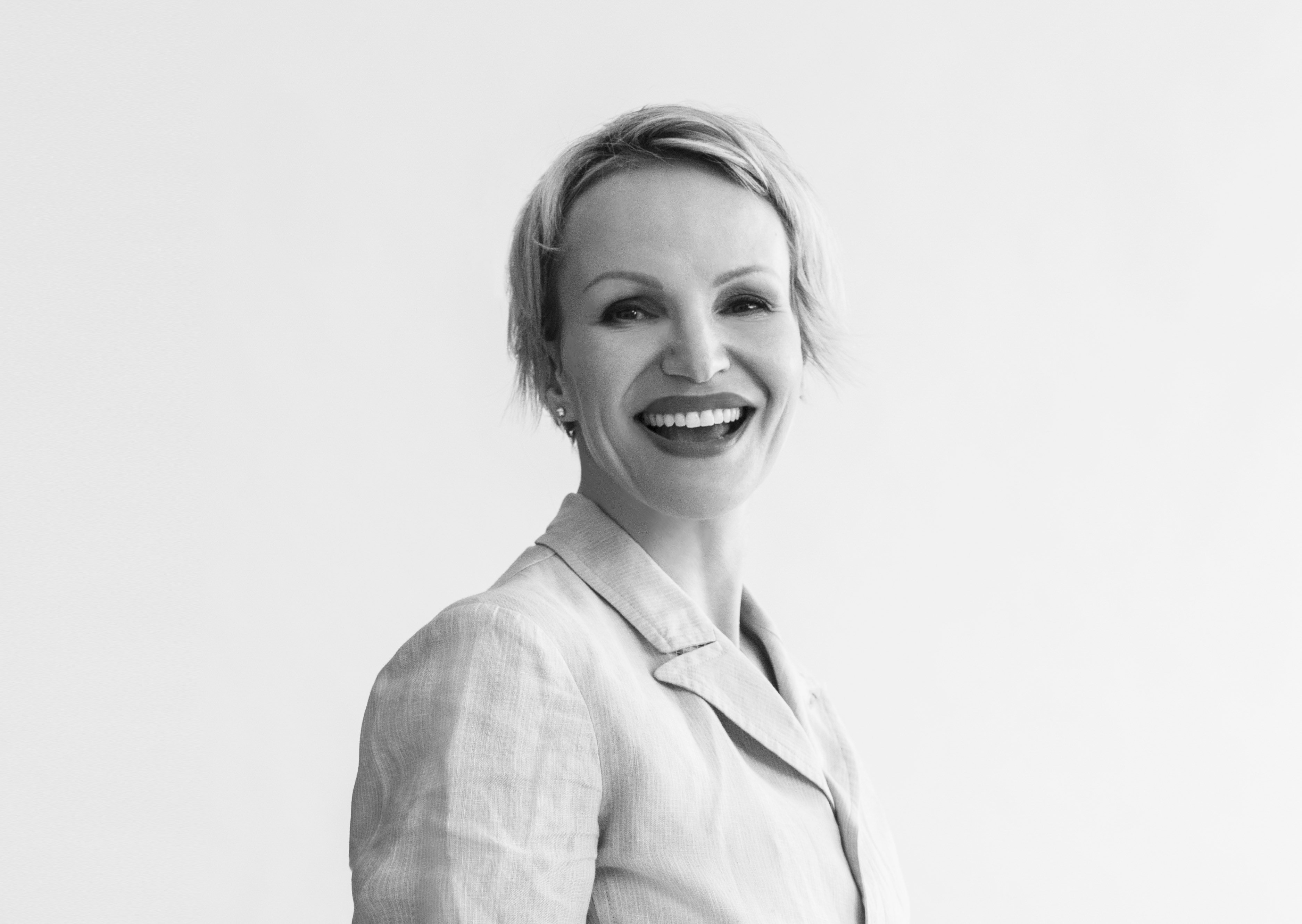
Situated in the middle of the cosmetics floor at Harvey Nichols, the three-month pop-up marks the first time consumers who haven’t signed up for Beauty Pie’s membership can pick up its products. Members shopping at the temporary installation pay the prices they typically pay for the brand’s products and non-members can purchase a limited number of so-called drop-in passes for 20 pounds each to buy Beauty Pie merchandise for 50% off customary retail prices.
“Many people wanted an opportunity to touch and feel and smell the products before joining Beauty Pie, and we knew eventually that pop-ups or another form of retail would be required, but we really wanted to do it organically,” says Kilgore. “When Harvey Nichols approached us last year asking if we would do a pop-up on their cosmetics floor, while a radical idea, it was difficult to refuse.” Meet-and-greets with Kilgore, member events, and a large setup for product testing had been planned, but may be subject to change due to the coronavirus.
“For us, launching Beauty Pie isn’t about the price, but their success as a disruptive brand that resonates really well with our own reputation of being leaders of the new, niche and ground-breaking.”
Do other beauty brands at Harvey Nichols, the sorts that levy the markups Beauty Pie avoids, mind it coming into a department store space they’ve dominated and publicizing their pricing practices? Not a bit, according to Jo Osborne, director of beauty and concessions at Harvey Nichols. Both Harvey Nichols and the brands are hoping they can benefit from the buzz and footfall the introduction of Beauty Pie’s pop-up may bring.
“The brands we stock are just as excited as us for the launch of Beauty Pie as they’re excited to welcome a new customer to the store,” says Osbourne. “We know from experience that a new brand launch does have a positive halo effect on the sales of other brands. We saw this with the launch of MAC, which was 25 years ago, and more recently with Fenty Beauty in 2017. For us, launching Beauty Pie isn’t about the price, but their success as a disruptive brand that resonates really well with our own reputation of being leaders of the new, niche and ground-breaking.”
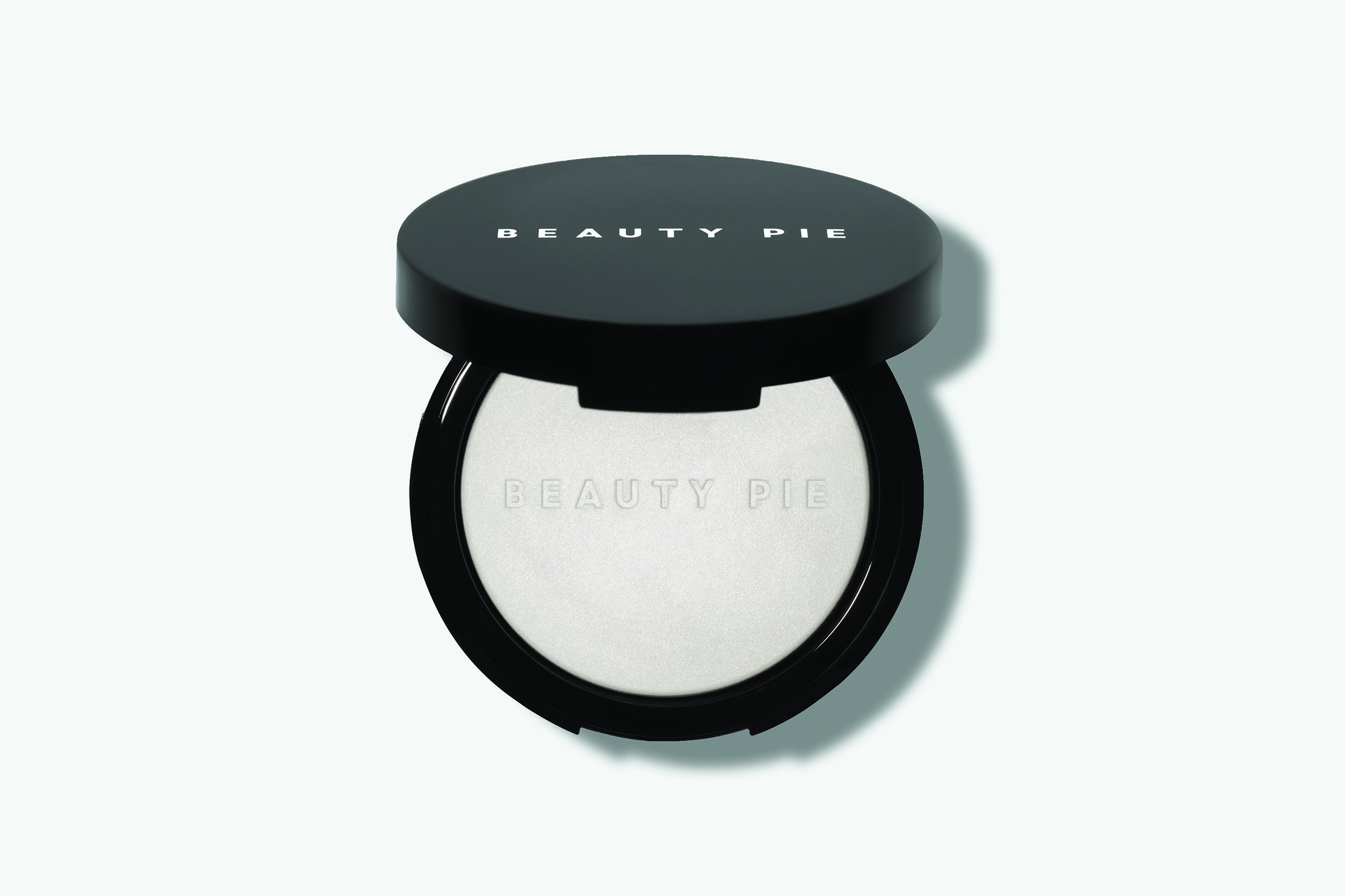
Harvey Nichols’ forward-thinking approach to merchandise and partnerships has helped it buck the problems of high street retail. In the year ended March 2019 its revenues rose 9% to 229 million pounds or roughly $290 million, and it more than doubled pre-tax profit to 2.7 million pounds or $3.3 million. Beauty turned in a strong performance. The retailer, which is owned by Dickson Concepts executive chairman and Hong Kong-based billionaire Dickson Poon, has refreshed its beauty department, and amped up its offering of beauty services, including express skincare treatments and hairstyling, and fragrances. A new perfume emporium contains over 100 brands. Outside of beauty, Harvey Nichols entered into a high-profile deal with online luxury fashion platform Farfetch in 2018.
For her part, Kilgore is broadening Beauty Pie’s already broad selection. She detailed to WWD that the company is developing products in the aromatherapy, skincare, body care, makeup, and scalp and haircare categories. And Kilgore is looking for investment to build Beauty Pie, which currently employs 50-plus people in London and plans to amplify its presence in the U.S., per a report in the Financial Times. While Kilgore didn’t secure external investment for her previous companies prior to selling them, she told the publication, “It seems that, if you don’t have a venture partner, you don’t tap into this pool of really great talent.” She’s not timid about taking a fresh approach to her business, whether it’s in retail or with investment. Kilgore told Beauty Independent, “The only thing that’s constant is change, right? And, if we’re afraid of it, we’re frozen.”
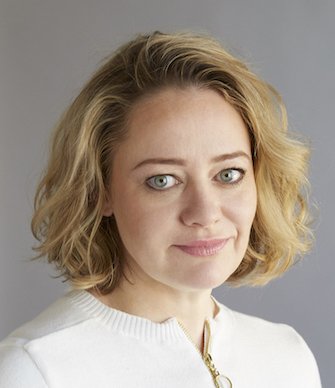
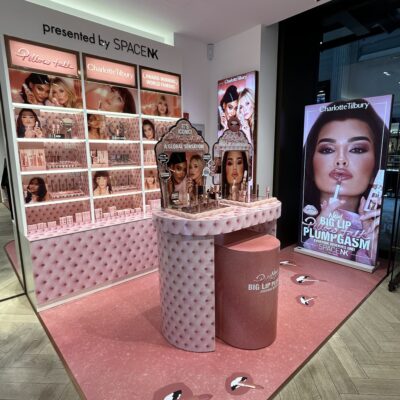
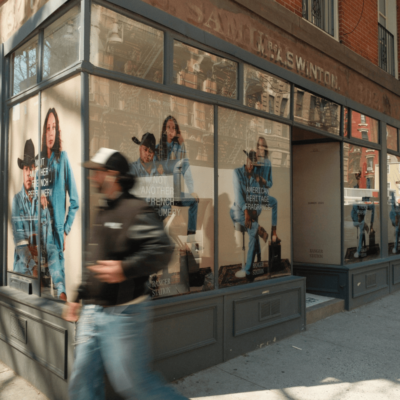
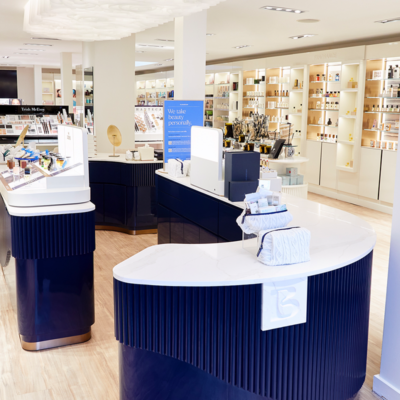
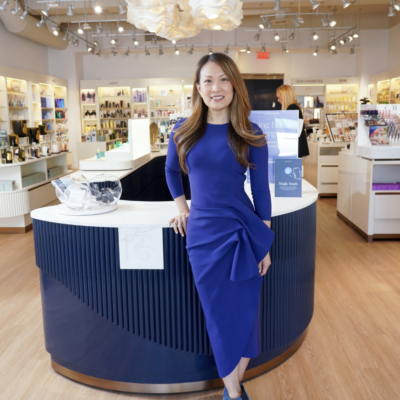
Leave a Reply
You must be logged in to post a comment.